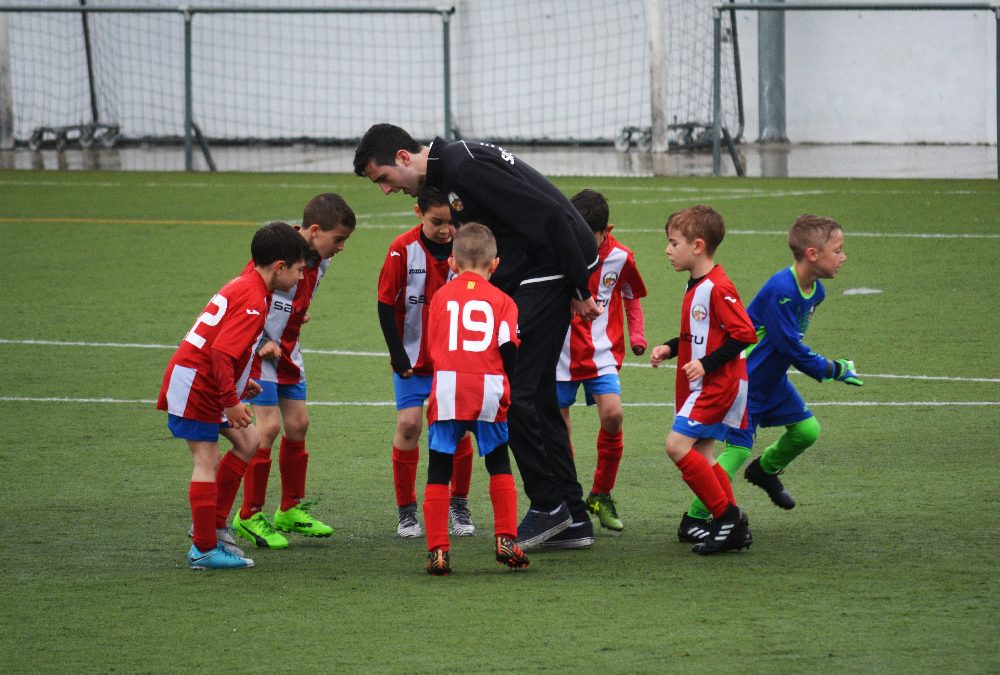Do not underestimate the impact you have on a child with an attachment disorder. As a healing parent, your job is to mentor, guide, teach, support, motivate and inspire positive values and characteristics in your child. You not only have to impart knowledge, but also set an example of moral, ethical, and value-based thinking and choices.
In essence, be your child’s coach. Good coaches teach life skills, including self-awareness, self-control, conflict resolution, communication and cooperation. They encourage the development of positive traits such as tolerance, enthusiasm, industriousness, integrity, loyalty and perseverance. The best coaches don’t teach what to think, but how to think.
As parents, we can learn many valuable lessons on how to positively influence young people by following the example of former UCLA basketball coach John Wooden. Under Wooden, who led the team from 1948 to 1975 and is considered the greatest college basketball coach of all time, the team won 10 national championships in a dozen years. His success, however, is not only measured by wins but by the respect, adoration and loyalty he received from players and assistants. His teams were known for unselfish play, respectful behavior on the court and hard work. Wooden practiced all the qualities he wanted to instill and gained his players’ respect through personal example.
As parents, what can we learn from great coaches like John Wooden?
- Be a positive role model — We know that children learn more from modeling than by any other way. They are deeply in need of mentors and positive role models, especially children who have lacked adult supervision and admired models.
- Do not demand respect, earn it — Great coaches do not have to tell others they are in charge; set a proper example and others will want to follow. John Wooden showed his players respect and in turn, they did what he asked and more.
- Do not insist on discipline, encourage it — Coach Wooden’s teams were all very disciplined, yet he never punished players. Instead, he held them firmly accountable for their actions. He was a master of using choices and consequences.
- Be the person in your child’s life to provide consistent caring and emotional support — Character-building coaching is based on a bond of affection, respect, and trust. Studies show, that even in the most disfunctional families, one variable—a positive attachment outside the home—raises the probability a child will be successful later in life. All it takes is one person who cares to build a child’s self-confidence, reduce their fear, and have a dramatic, lifelong impact.


